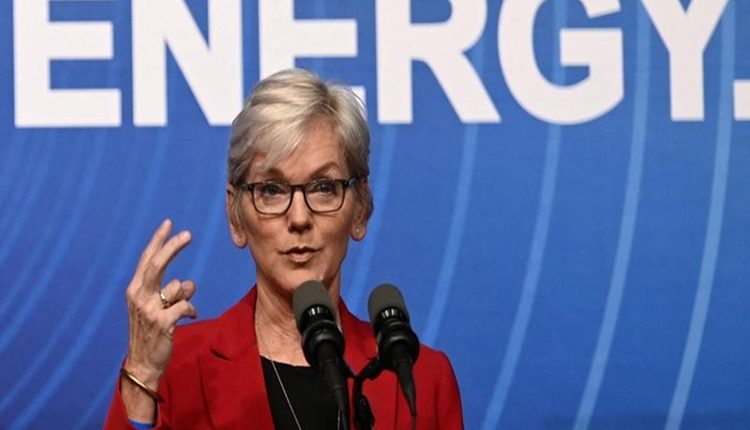US announces historic nuclear fusion breakthrough that could pave the way for clean and cheap energy
United States has announced a nuclear fusion breakthrough, a historic step towards the promise of ‘near-limitless’ clean energy and may help the fight to curb climate change.
US Department of Energy said, researchers at the Lawrence Livermore National Laboratory (LLNL) in California for the first time produced more energy in a fusion reaction than was used to ignite it, something called net energy gain.
The achievement will pave the way for advancements in national defense and the future of clean power, officials said.
Speaking at a news conference in Washington, US Energy Secretary Jennifer Granholm appearing alongside scientists from the LLNL, said, this is a landmark achievement for the researchers and staff at the National Ignition Facility who have dedicated their careers to seeing fusion ignition become a reality, and this milestone will undoubtedly spark even more discovery.
White House science adviser Arati Prabhakar, appearing with Granholm, called the fusion ignition a tremendous example of what perseverance really can achieve and an engineering marvel beyond belief.
LLNL director Dr Kim Budil said, this is a historic achievement, over the past 60 years thousands of people have contributed to this endeavour and it took real vision to get us here.
Nuclear fusion is described as the ‘holy grail’ of energy production. It is the process that powers the Sun and other stars. It works by taking pairs of light atoms and forcing them together – this ‘fusion’ releases a lot of energy.
Proponents of fusion hope that it could one day produce nearly limitless, carbon-free energy, displacing fossil fuels and other traditional energy sources.
The electricity industry cautiously welcomed the step, though emphasized that in order to carry out the energy transition, fusion should not slow down efforts on building out other alternatives like solar and wind power, battery storage and nuclear fission.


Comments are closed.